

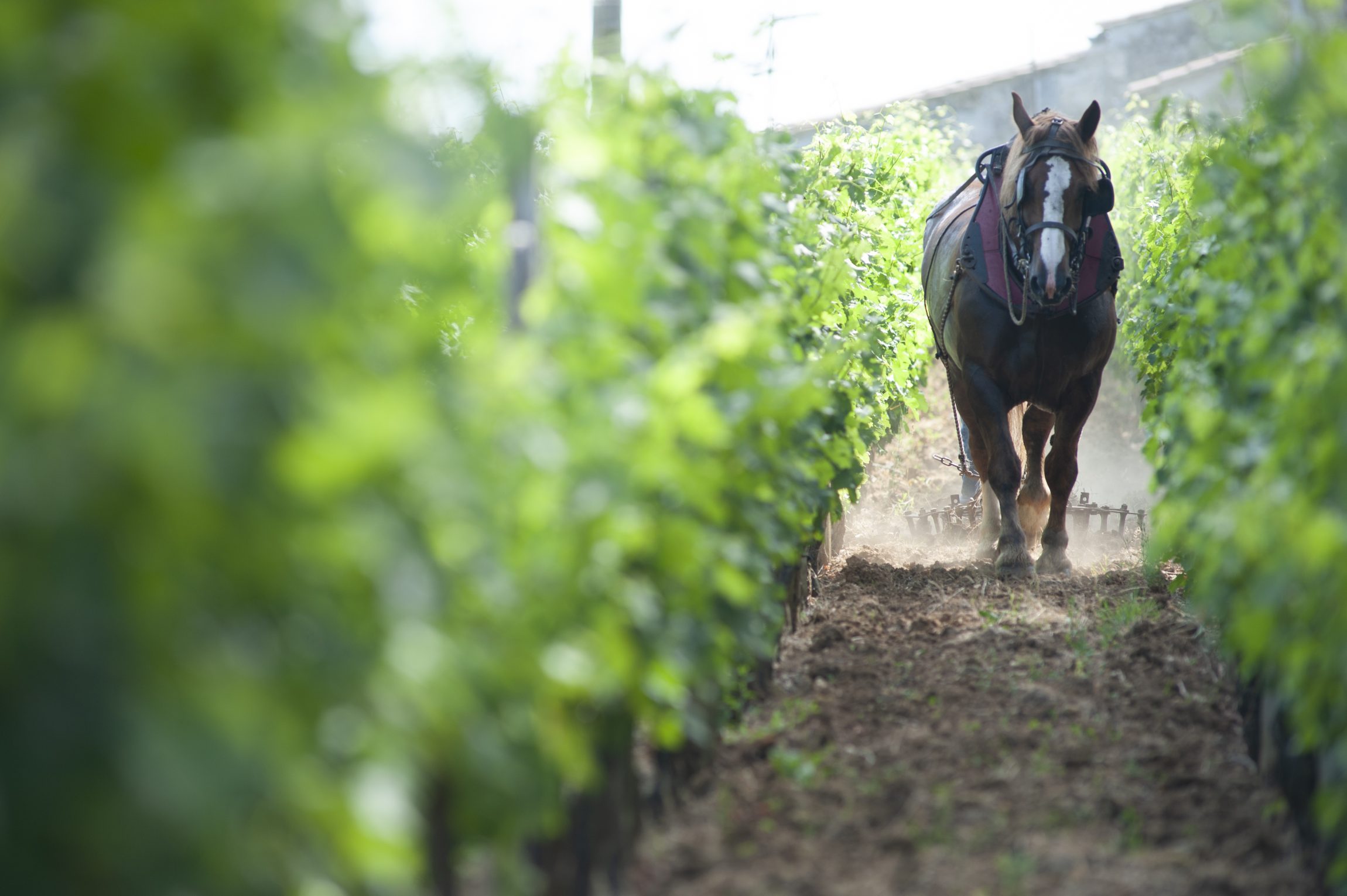
Our commitments
In their constant quest for excellence, the Saint-Émilion winegrowers were among the first to adopt sustainable development objectives, working responsibly and continually to preserve the environment, respect consumers and guarantee quality.
With the conviction that they are laying foundations for the future in all facets of their work, they always strive to achieve combined business, environmental and societal goals, with excellence as their constant guiding principle.
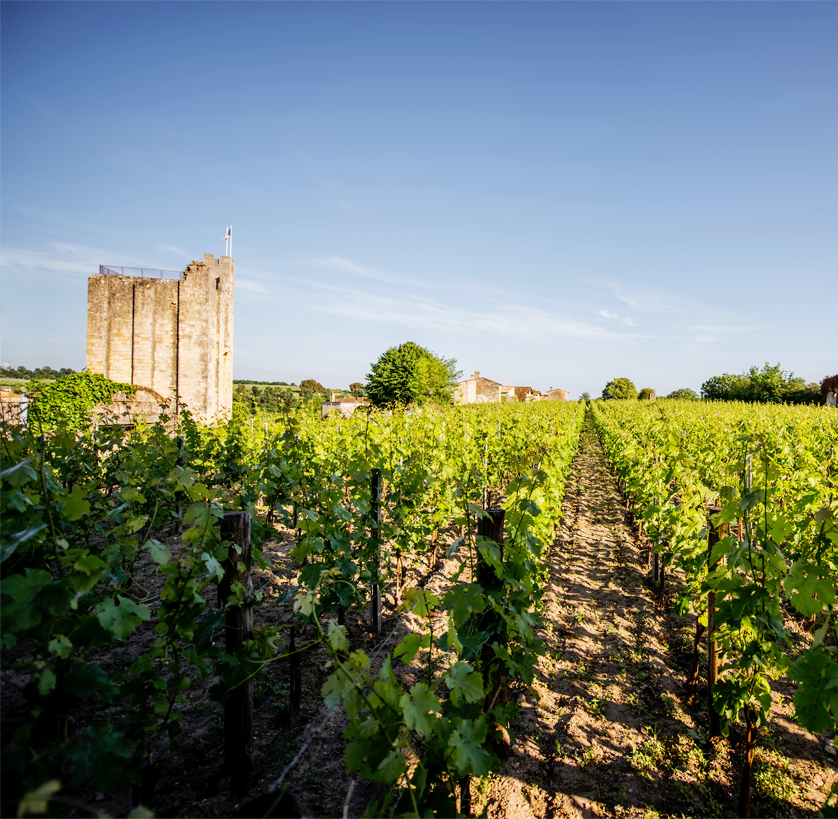
The Saint-Émilion Wine Council is committed to helping the industry’s professionals to implement their virtuous initiatives and provides them with an array of efficient tools, including:
Different approaches can be used by winegrowers to work on their vines and produce their wines in an environmentally-friendly way, yet the goal is still the same: to make their estates sustainable, whilst taking care of their terroir. They are constantly accountable at all levels to their heritage, the environment and society.
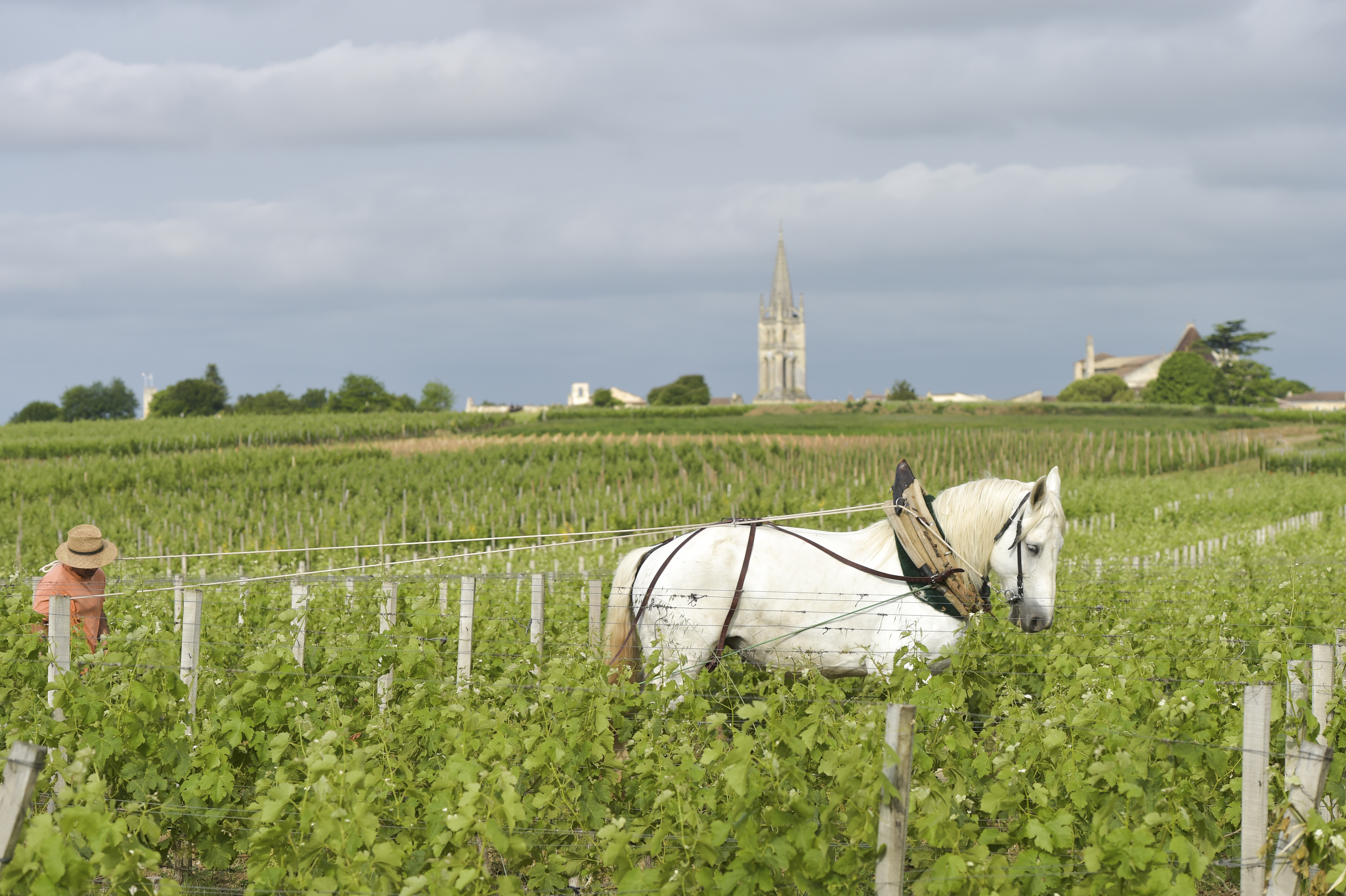
Rational winegrowing techniques are the most widespread. These make up a comprehensive approach to managing estates aimed at accentuating the positive impacts of winegrowing methods, while maintaining economic profitability.
Winegrowers implement a monitoring system that includes forecasts and tolerance thresholds in their vineyards. This allows them to assess the risk of harm being caused by crop disease and pests.
According to the estimated level of risk, a combination of organic measures, biological controls (use of auxiliary insects, mating disruption, etc.), chemical and physical treatments, and cultivation techniques are applied. Plant protection products with low environmental impacts are used to a strict minimum only when needed to avoid irreversible damage or unacceptable economic losses.
Organic winegrowers only use plant protection products of natural origin (which do not contain synthetic organic molecules): copper, sulphur, plant-based insecticides, etc. One of the objectives is to build up living organisms in the soil, and to sustain animal and plant life in order to strengthen the natural ecosystem. Organic winegrowing is governed by a European regulation and inspected by certifying bodies.
Biodynamics seeks to achieve a balance between the vines and their immediate and broader environment, to help protect them more effectively against harm. To do so, it employs certain principles such as soil and plant improvement using preparations made from plant matter (horsetail or nettle infusions), animal matter (dung, etc.) or minerals (quartz, etc.). These preparations are applied at specific times of the year corresponding to the vines’ growth cycle and the lunar and planetary calendar.
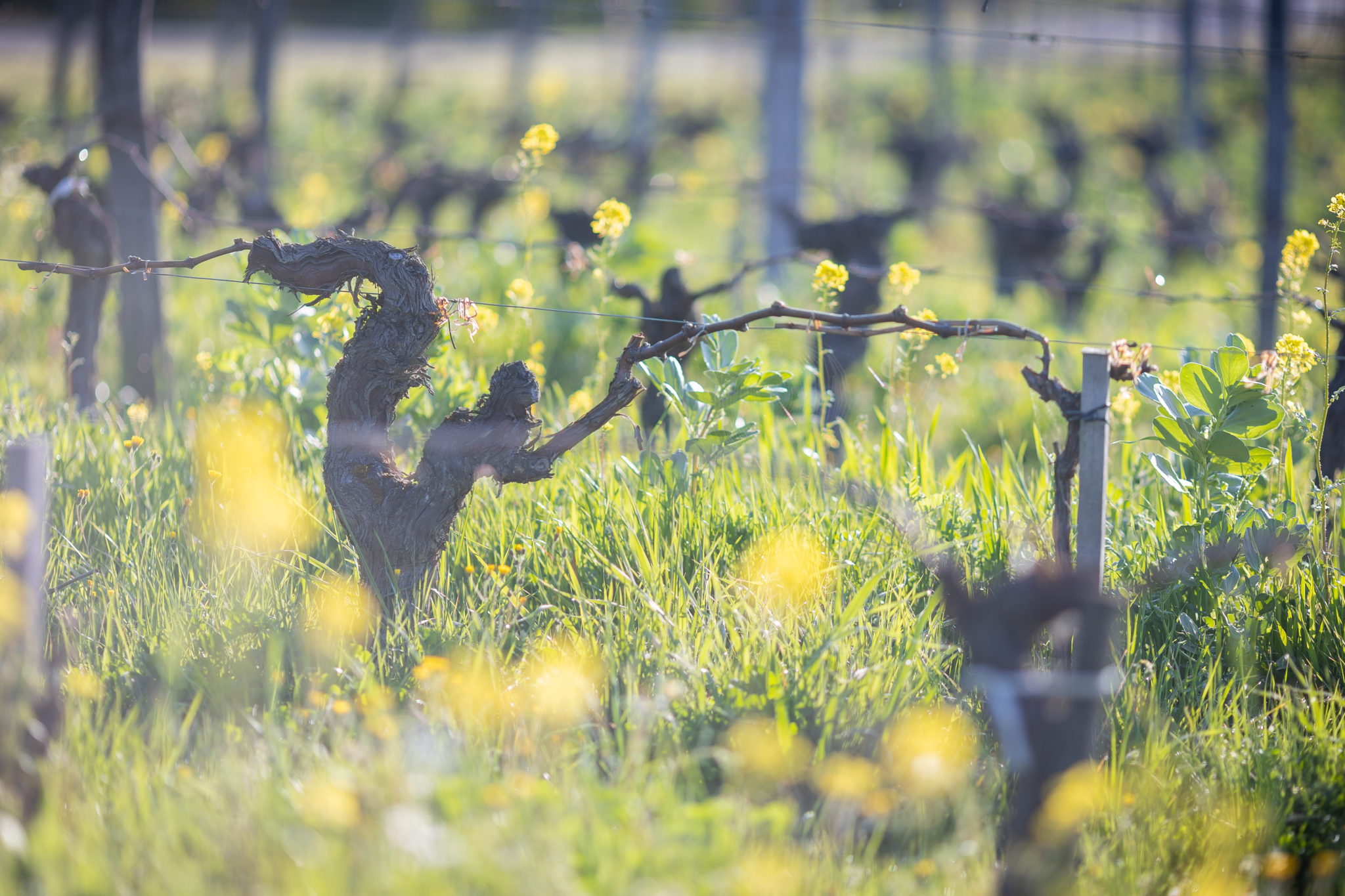
After three years of intensive work led by the Environment Commission of the Saint-Émilion Wine Council, in collaboration with Institut National de l’Origine et de la Qualité (INAO), the Saint-Émilion winegrowers voted at the General Assembly on 15th May 2018 in favour of a new draft of their environmental requirements, including a set of environmentally friendly measures.
The new requirements for the Saint-Émilion, Saint-Émilion Grand Cru, Lussac Saint-Émilion and Puisseguin Saint-Émilion appellations will make it compulsory for all winegrowers to obtain environmental certification (level 2 or 3 or Organic Farming) by 1st January 2023.
To assist them in their efforts, 110 information sessions on agro-environmental certification were held, bringing together 450 winegrowers. These training sessions provided an opportunity to discuss in simple terms, all the issues (financing, administrative procedures, etc.) with a specialist in each certification. Summary documents were also produced for each certification.
Today, nearly 90% of our estates are certified or involved in at least one environmental certification. 45% of certified estates have the “High Environmental Value” distinction. The proportion of organic vineyards represents 25% of the winegrowing area.
 |
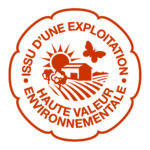 |
 |
 |
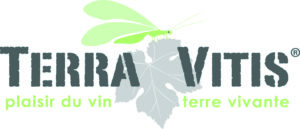 |